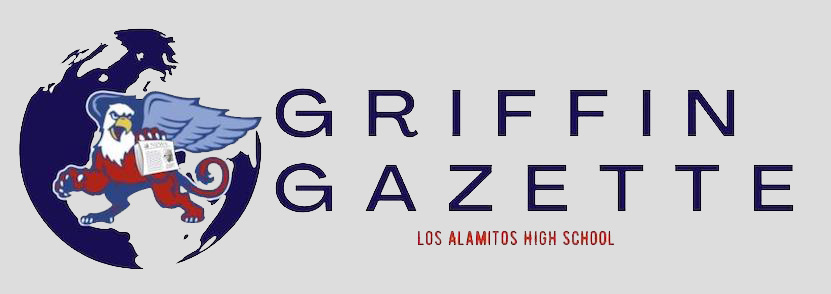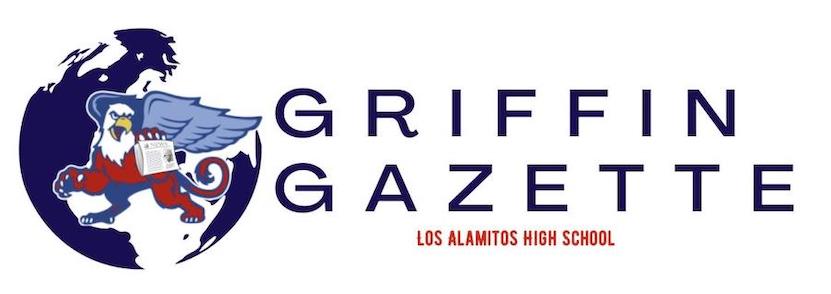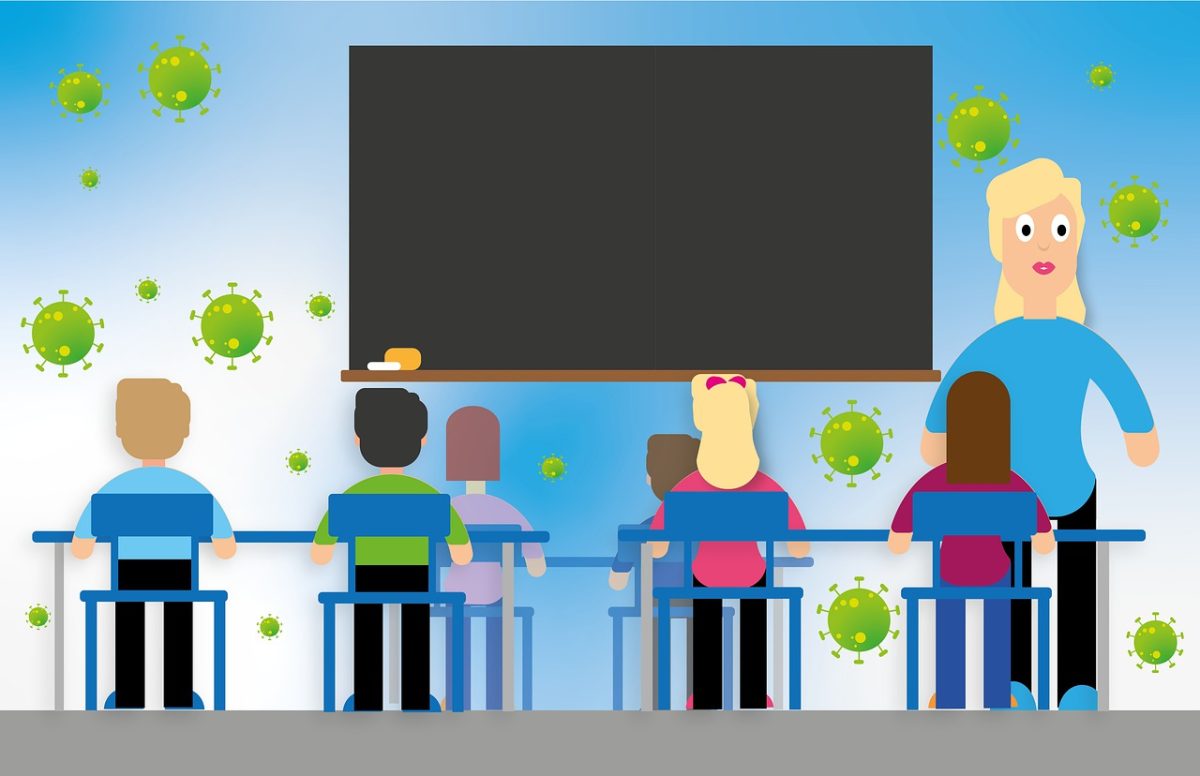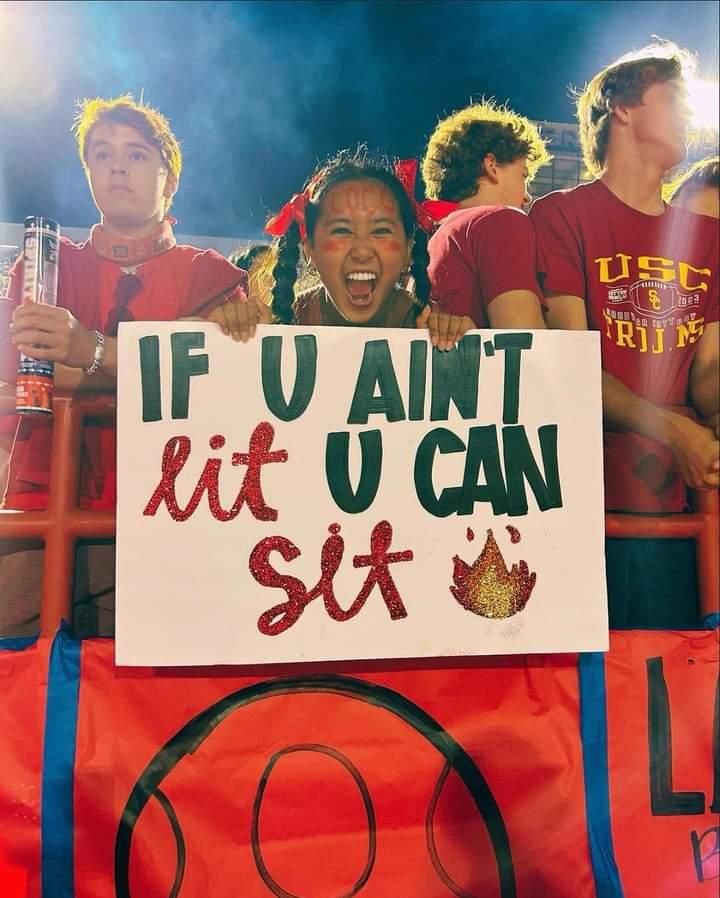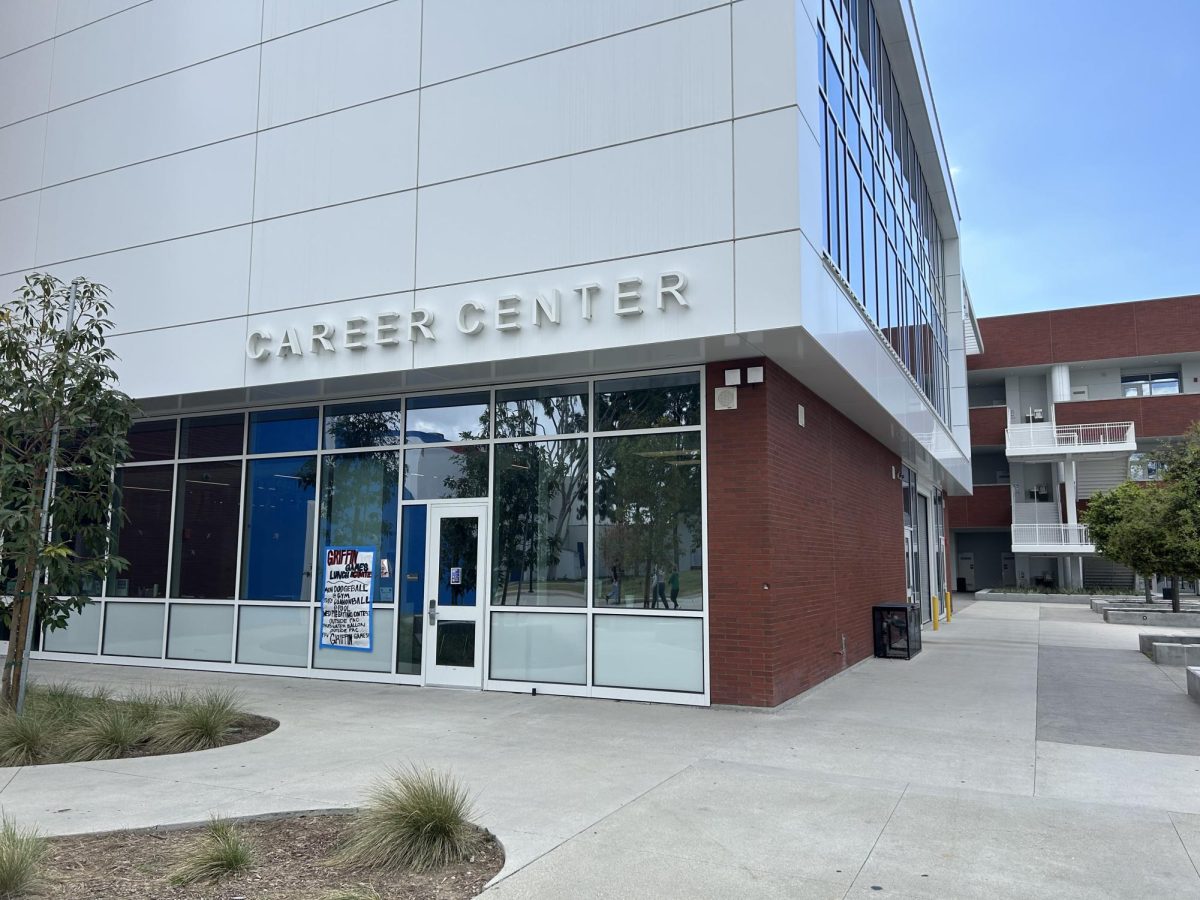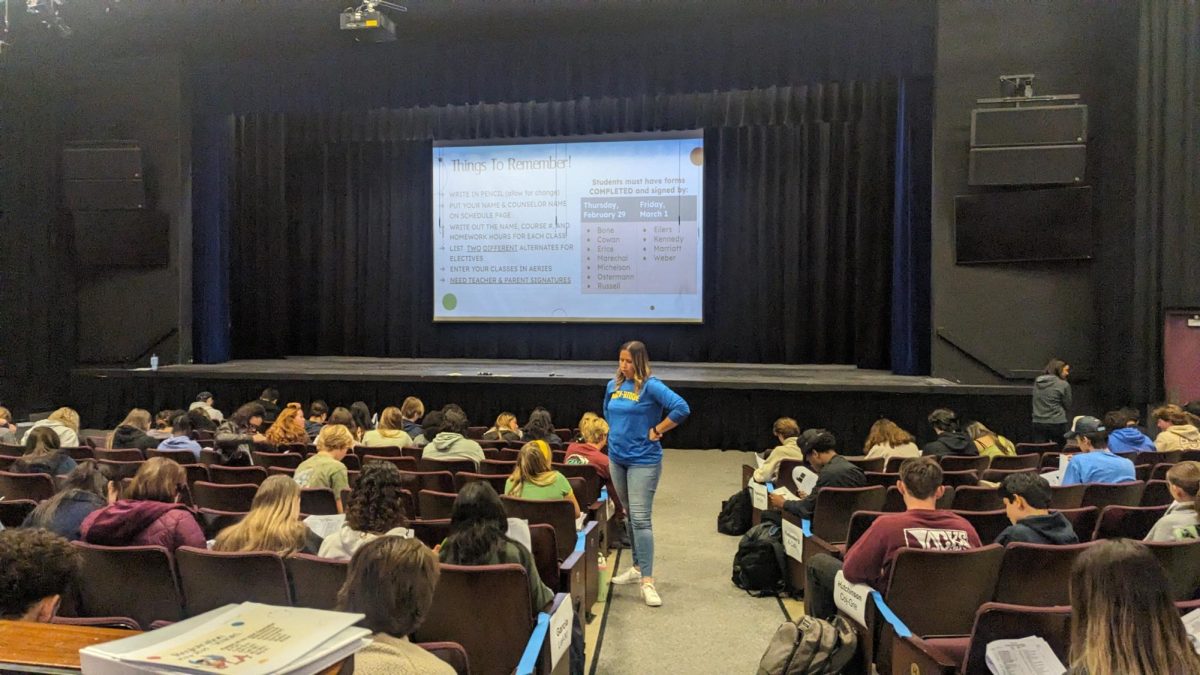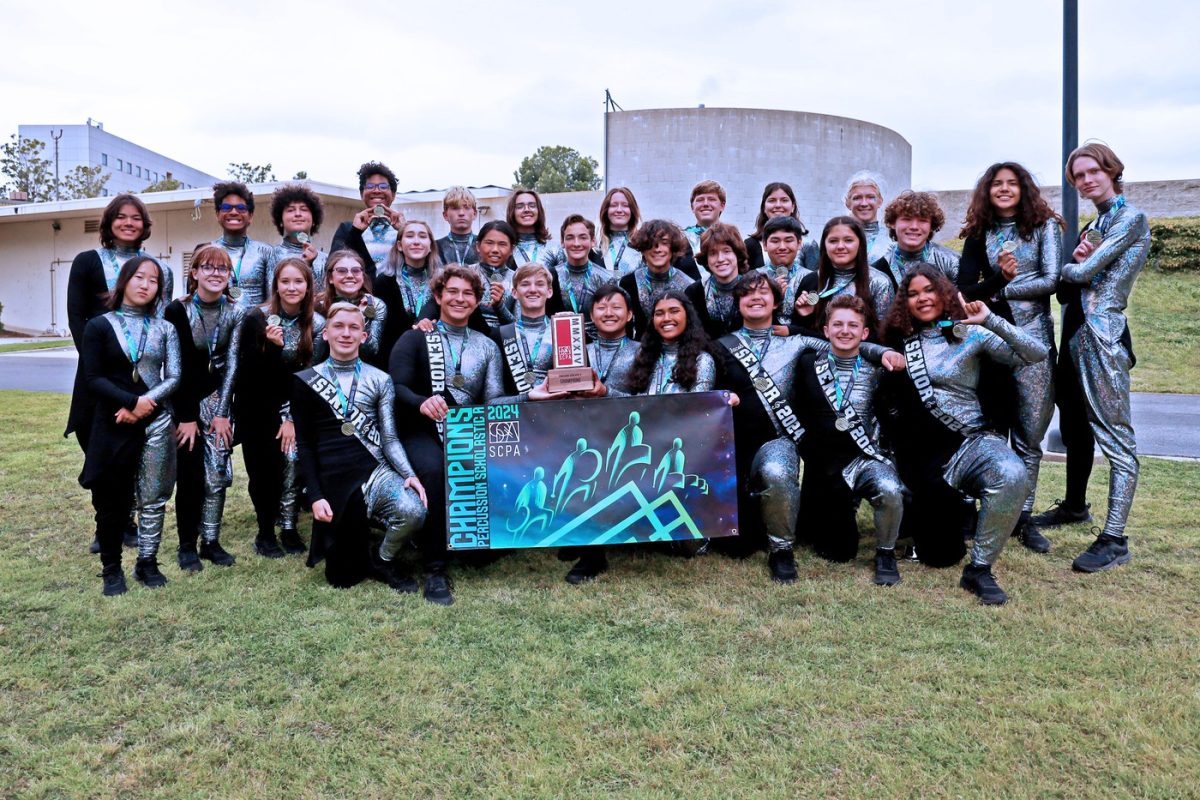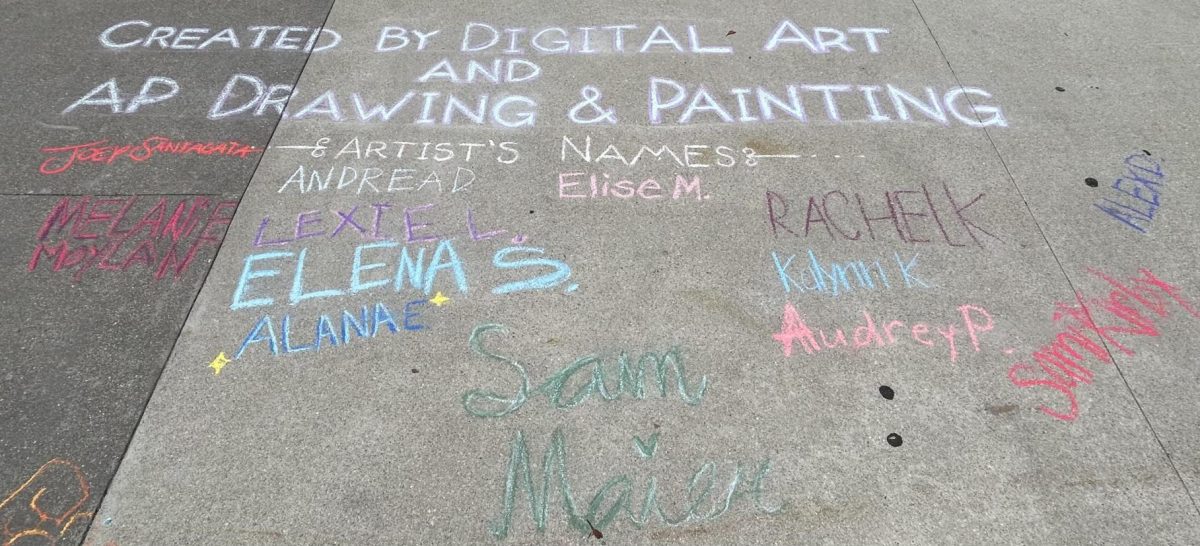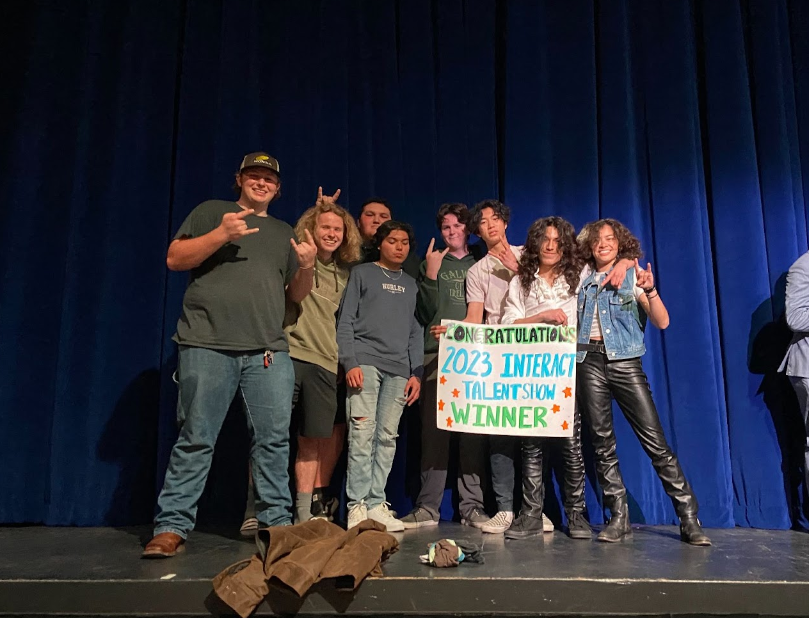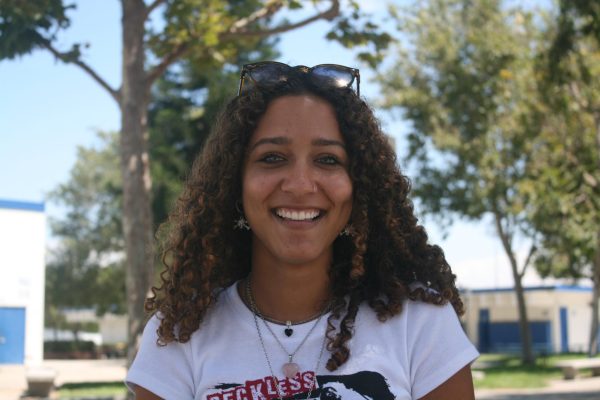LOS ALAMITOS, CA — The COVID-19 pandemic, although having been officially over for almost six months, caused lingering academic impacts on students. When the lockdown started in 2020, students across the U.S. were in the last semester of the academic year. Those few months of school that had to be completed online took a huge toll on students, as a large amount of in-classroom learning was lost. Most students agree that learning that took place during lockdown was ineffective and difficult to recall.
“I honestly don’t remember much of online school. I didn’t really learn anything,” said a Los Alamitos High School senior who was in eighth grade when lockdown began.
Even today, current students seem to progressing slower than students before COVID. On average, students still need an equivalent of four to eight months of additional instruction to meet pre-pandemic levels of academic achievement.
A report by the NWEA, Northwest Evaluation Assessment, that analyzed test scores from 6.7 million U.S. public school students found that students aren’t rebounding from the academic effects of the COVID-19 pandemic. The interrupted learning time created academic gaps that have widened and made it harder for many students to move forward.
I find it hard to focus and complete assignments on time. I have to put a lot more effort into classes.”
— Jocelyn Jackson, senior
Due to the loss of instruction, students may be affected going into professional and graduate studies, impacting the quality of work in future careers. Since most academic concepts have built on each other throughout the years, the learning loss experienced throughout 2020 and 2021 can domino effect and lead to a harder understanding in college. Because of the educational consequences of the pandemic on today’s students, they could lose up to 10% of their future earnings due to the academic shock.
Since the pandemic, there has also been a large decrease in standardized test scores. The latest average ACT composite score for U.S. students was 19.5 out of 36. In the years before the pandemic, the scores were significantly higher. In 2018, the graduating class’ national average was 20.8. When considering college-bound students specifically, the national average ACT score for 2019, reported by nearly 340 ranked national universities to U.S. News was 25.5.
Similarly, in 2022, the average total SAT score was 1050, the lowest since the test changed format in 2016. However, before the pandemic, in 2018, the national average SAT score was 1068. These scores demonstrate the prominent struggle many students faced during and after the pandemic.
This can even impact students’ futures, as many prestigious colleges and universities require test scores. Because of the loss of instruction during the lockdown and the entire hybrid education year, many important concepts remain unfamiliar, especially those that appear on college-readiness standardized tests. However, many colleges are test-optional.
The COVID-19 pandemic has also disproportionately impacted racial and ethnic minority groups, with these students scoring lower on the SAT in the post-COVID years. A survey shows that Hispanic and black students still need an additional six months of instruction to get back on track compared to their white peers, who were about four months behind. The pandemic even fostered increased rates of high school incompletion among minority high school students, potentially inhibiting further academic achievement.
SAT scores vary dramatically based on race or ethnicity, with a mutual decline in scores in 2023. As shown on the graph, Hispanic and black students have had a harder time on the SAT’s post-COVID than their peers, posing a concern for the possibility of further education as colleges return to test-mandatory application requirements.Most students were strongly impacted academically and some are still struggling with procrastination and mental health issues.
“I tend to procrastinate a lot more than I used to,” Arin Barua, a senior at Los Al, explained when asked about her academic habits post-COVID.
Nationally, the negative academic effects of the COVID-19 pandemic have been prominent, forcing students to put in further strenuous hours of hard work and dedication into classes, potentially negatively impacting their mental health. Despite the loss of instruction, students can still recover if they are given the time and resources to fully understand previous and current academic topics.
